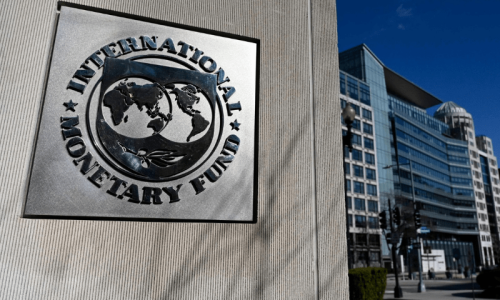ISLAMABAD: Pakistan Medical and Dental Council (PMDC) President and Bioethics Unit Pakistan chapter head Professor Rizwan Taj on Monday said there was prevalence of stigma in health facilities that left negative impact on individuals’ health.
He was speaking at a Saarc Bioethics Units virtual event held at PMDC for healthcare professionals.
The theme of the event was ‘Discrimination and stigmatisation article 11 of the Universal Declaration of Human Rights’.
The event brought together healthcare professionals and bioethics experts from across Saarc region to tackle pressing issues related to stigma in healthcare settings.
“There are relatively few interventions to address this major impediment in healthcare. Article 11 highlights to reduce health condition stigma in health settings. The current state of knowledge regarding stigma reduction interventions provides a solid foundation to further develop interventions that address the gaps identified in our healthcare system and address multiple health condition stigmas simultaneously,” Dr Taj said.
“Being a mental health professional, I can assess how stigma not only affects those who are living with stigmatised health conditions but also the family members of the affectees. Its ramifications reverberate outward through communities and inwards through the health facility into the policies and procedures that guide care, and on to the staff who are charged with providing care. It matters because reducing stigma has the potential to improve the health workplace environment, the quality of care provided by staff, the clinical outcomes of individuals living with stigmatised health conditions, and the social risks taken when accessing healthcare for particular conditions,” he said.
Professor Russell D’Souza, Head of Asia Pacific Division, from Australia, said bioethics - always at the intersection of the medical and social sciences, law, and the humanities - draws increasingly on the methods and insights of gender studies, critical theory, behavioural economics and decision theory, and frameworks of social justice and human rights.
“Our mission is to advance bioethics and medical humanities through education, innovation, clinical application and thought leadership,” he said.
Published in Dawn, November 5th, 2024














































Dear visitor, the comments section is undergoing an overhaul and will return soon.